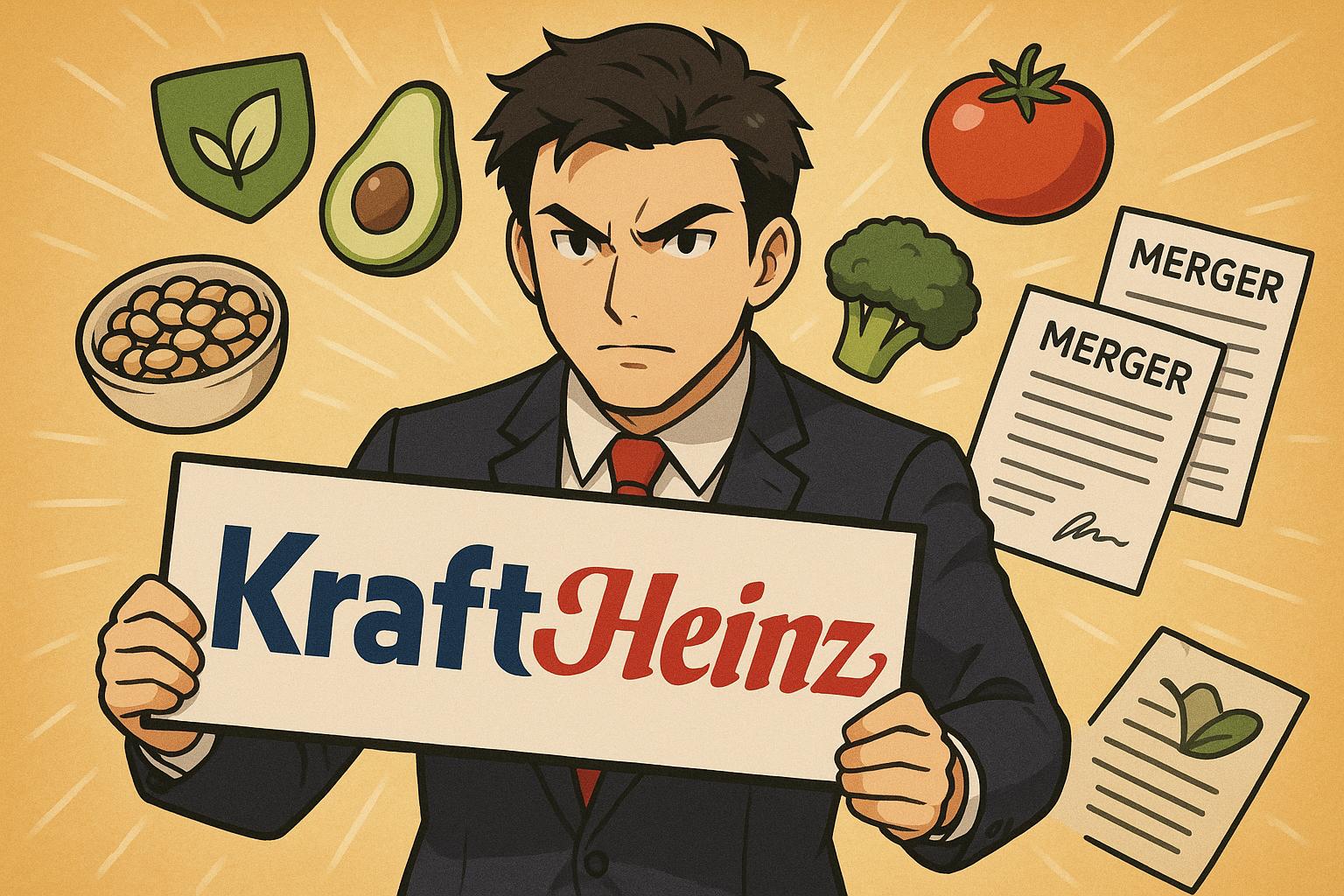Amid shifting consumer preferences and economic pressures, Kraft Heinz is actively pursuing mergers and acquisitions as a strategic response to declining demand for its traditional snack and meal offerings. The company’s efforts come at a time when many consumers are gravitating towards healthier options and seeking alternatives to processed foods, which has directly impacted sales of Kraft Heinz products.
Kraft Heinz CEO Carlos Abrams-Rivera underscored the necessity of these acquisitions, articulating a vision for the future that aligns with modern dietary trends. With the rising popularity of weight-loss medications contributing to changes in eating habits, the company has faced tight margins and waning consumer interest. As noted in recent assessments, the company's forecasts for organic sales have been readjusted downward due to these external pressures, including tariff constraints, which are exacerbating the situation.
One of the notable assets in Kraft Heinz's portfolio, the Oscar Mayer meats division, is reportedly on the market, with potential valuations ranging between $3 billion and $5 billion. This strategic consideration reflects a broader trend in the food industry, where companies are reevaluating product offerings in response to an unprecedented demand shift. While private equity firms and other food industry players have shown interest, reports suggest that no definitive sale may occur, leaving shareholders in a state of uncertainty.
In the latest revenue tally, Kraft Heinz reported a drop in sales alongside a reduction in volume by 4.4% despite increasing prices by 3.7%. This scenario echoes similar challenges faced by other giants in the industry, such as PepsiCo. For the year, the firm generated a revenue of $26.64 billion but has revised its profit expectations to between $3.01 and $3.07 per share, raising questions about its future trajectory.
Additionally, the recent departure of Berkshire Hathaway from its board roles indicates possible strategic shifts within Kraft Heinz that may affect its business model. This weakening connection with long-time investors like Warren Buffet could drive the company to seek fresh approaches to establishing market relevance, especially in the face of enhancing competition from companies diversifying beyond food, such as Unilever, which is increasingly investing in beauty and wellness sectors.
To adapt to changing consumer trends, Kraft Heinz has begun exploring innovative products, launching plant-based options under the Oscar Mayer brand. These new introductions aim to capture the growing market for plant-based foods and reflect an effort to meet changing dietary demands head-on.
As the landscape of consumer preferences continues to evolve, Kraft Heinz's ability to pivot strategically through acquisitions, innovations, and operational adjustments will be critical for its long-term sustainability in a competitive market. Investors would do well to monitor these developments closely, as the company's decisions could set precedents that influence the broader food industry, reshaping supply chains and consumer engagement for years to come.
Reference Map
Source: Noah Wire Services
